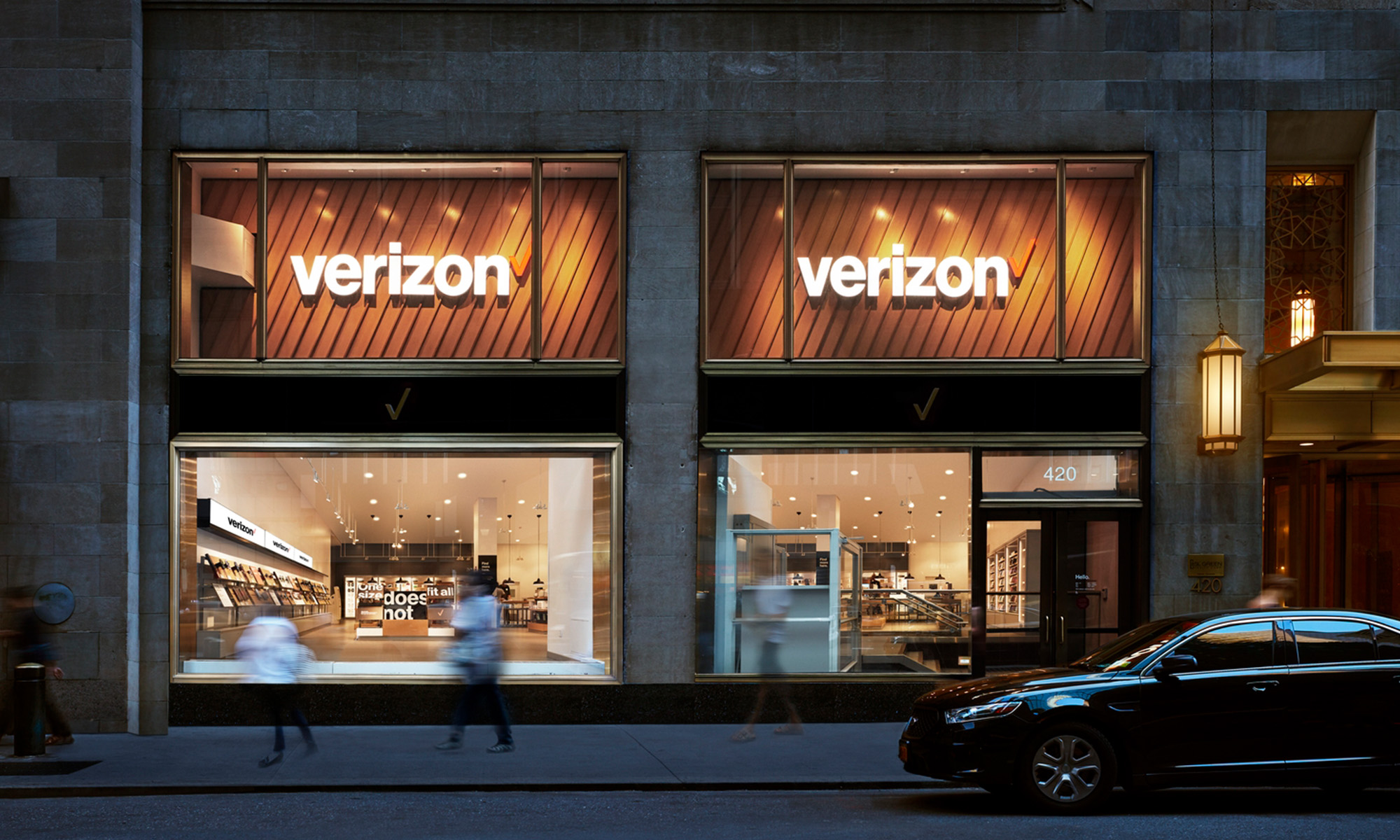Last Thursday, Verizon (NYSE:VZ) formally updated investors on its new fiber-optic service, appropriately named FiOS. It's Verizon's attempt to remain relevant as cable companies such as Comcast (NASDAQ:CMCSA) and Cablevision (NYSE:CVC) increasingly lure customers away from its traditional landline business.
The investor presentation covered the operational and financial details of the service and demonstrated its capabilities. Management also detailed the fiber-to-the-premises (FTTP) network on which FiOS runs. In a nutshell, Verizon is entering a brave new world, focused more on televisions than telephones.
FiOS gives Verizon the ability to offer video, voice, and data in one package -- the so-called "triple play" that will ultimately turn into a quadruple play that incorporates cell phone services. The FTTP network, which can handle network speeds 1,000 times faster than DSL or cable, allows the company to offer superior bandwidth, leapfrogging offerings by fellow telecom AT&T (NYSE:T) and the cable companies.
However, building an FTTP network has a major drawback; it's expensive. Verizon now believes the network transformation will cost $23 billion -- or $18 billion, excluding maintenance costs no longer needed on the older copper-line infrastructure. Competitors are opting for less expensive routes, typically based on a fiber-to-the-node (FTTN) solution, which utilizes copper or coaxial cable instead of fiber to go the "last mile" to customers' houses.
Let's face it: Verizon's fiber-optic strategy is a gamble on future demand. But it just might be introducing a disruptive technology that will reshape how we value our network providers. Sure, the money spent on creating FiOS is headline material, but the bandwidth is the story. Consider that as bandwidth exceeds most of our current needs, we will begin valuing other attributes of the network before we commit to a service.
As management said in the Q&A part of the presentation, "We see opportunities in the area of applications, whether it is gaming, whether it is security, whether it is storage. There's going to be many, many opportunities, as you know, to really utilize this bandwidth." That may indeed give Verizon a decided advantage over the competition.
Add more fiber to your diet:
AT&T was a former recommendation of Tom and David Gardner's Motley Fool Stock Advisor . To see the Gardner brothers' current top picks, try Stock Advisor free for 30 days.
Fool contributor Matthew Crews has a long position in Verizon. He welcomes your feedback at [email protected] . The Fool has a disclosure policy .







